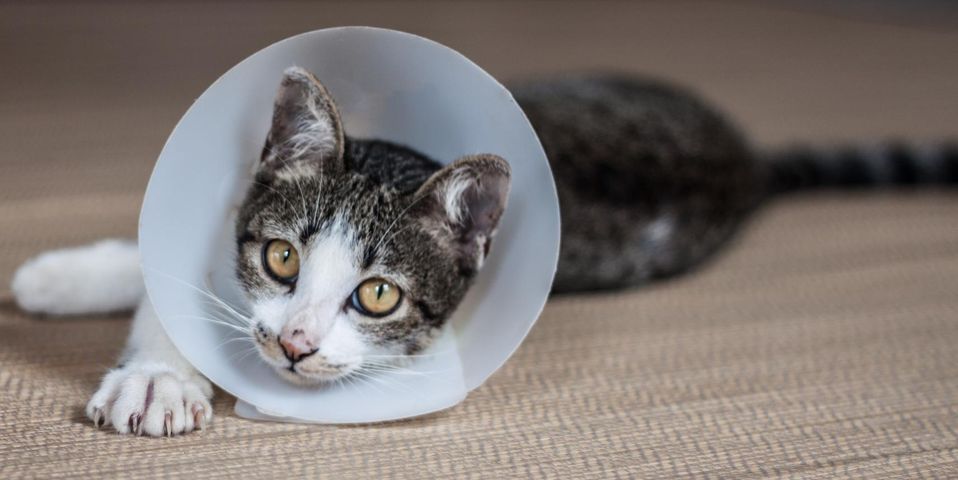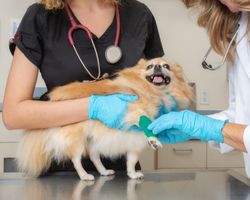
A successful operation is always a cause for celebration, but once your pet is out of surgery, your first priority should be helping them recover. The pet surgeon will likely give you some post-op care tips, though there are a few additional factors to keep in mind. Here’s what you should and shouldn’t do while your pet is recovering from surgery.
Do:
Follow the vet’s instructions.
When you go to pick your pet up from the veterinary clinic, the pet surgeon will give you a detailed list of care instructions. These will vary based on your pet’s age, lifestyle, current health, and the type of procedure they went through. Follow these directions thoroughly, and take the opportunity to ask any questions you might have.
Restrict your pet’s activity.
While you and your pet may be excited about your reunion, they need time to heal. That means no rigorous activity. Too much movement can prevent tissue from healing quickly and correctly, leaving your pet at risk for infections. Keep your pet in a confined space, such as a playpen or small room.
Keep them entertained.
Extended downtime makes it easier for pets to get bored. Avoid antsy and potentially destructive behavior with mentally stimulating activities. Gentle obedience training, puzzle feeders, and slow and short lead walks will keep your pet occupied as they recover.
Don’t:
Mess with healing incisions.
 Surgical incisions are best left alone. Incorrectly cleaning a wound can slow healing, reopen stitches, and hurt your pet.
Surgical incisions are best left alone. Incorrectly cleaning a wound can slow healing, reopen stitches, and hurt your pet.
If you notice an incision looking a bit dirty, carefully pat the area down with a towel and warm water.
Take your pet to the veterinarian immediately if the incision begins to show signs of infection like pus, swelling, and redness.
Give your pet home remedies.
Nobody wants to see their pets in pain, and many online home remedies boast powerful healing properties that may be tempting to try. However, seek approval from your veterinarian before trying any pain relief methods. Never use human medication on pets—cats and dogs should only receive medicine made specifically for their species.
Leave your pet unattended.
An unattended pet may bite, lick, or scratch at an incision, causing tissue damage and infections. While your pet is healing, try to supervise them as often as possible. Consider outfitting your pet with an Elizabethan collar while you’re gone or busy. They may not like it, but it will make them leave the surgical site alone and facilitate a speedy recovery.
If your cat or dog needs a pet surgeon to handle spaying or neutering, ear cropping, ACL and patella luxation, dentistry, or other procedures, turn to Kokua Pet Clinic. Located in Honolulu, this locally owned and operated veterinary clinic provides exceptional pet care and medical services to families throughout the Aloha State. To schedule an appointment, call (808) 843-8382. Visit their website for more information about their services and surgical procedures.
About the Business
Have a question? Ask the experts!
Send your question

